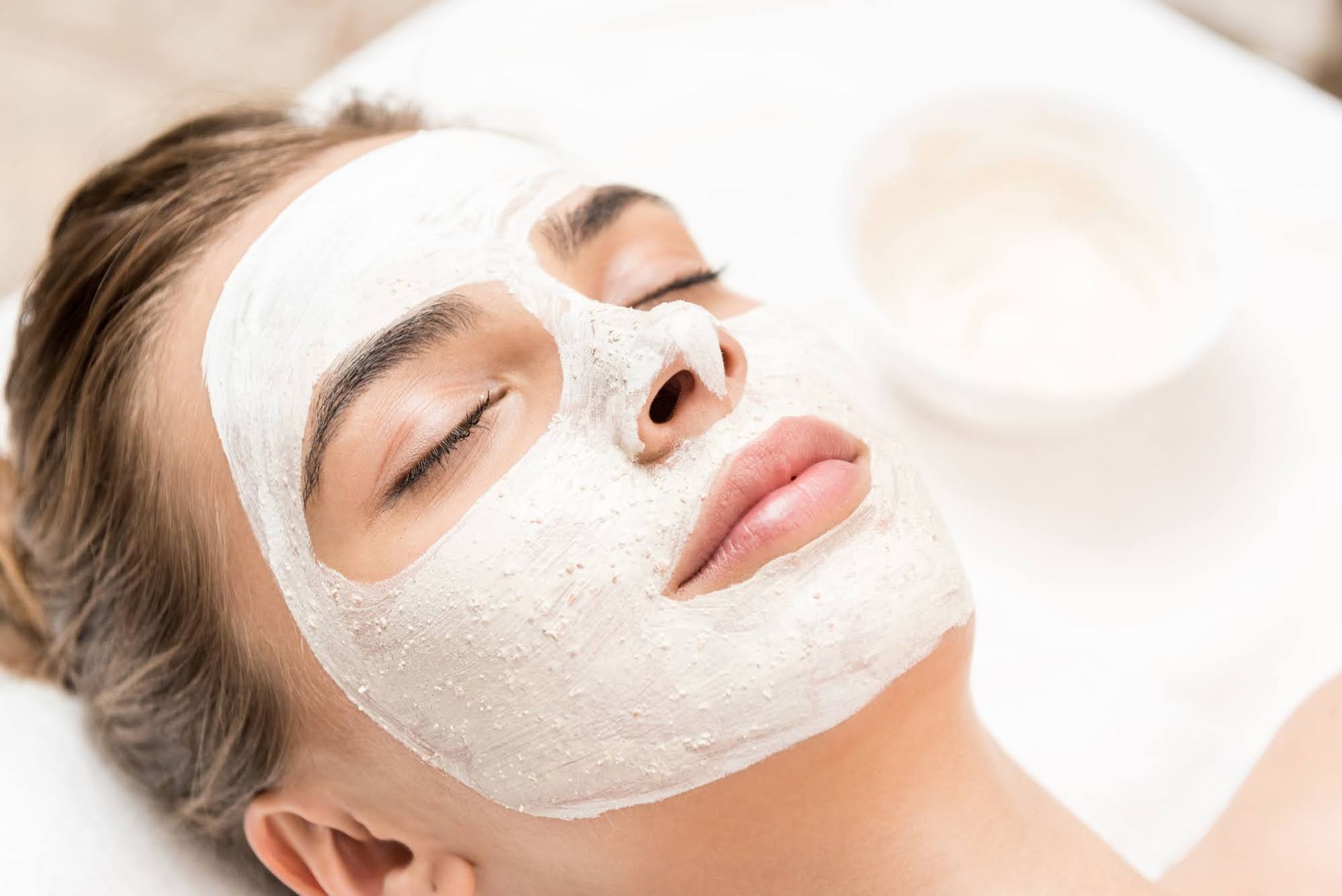Signs You May Benefit From Pelvic Floor Rejuvenation

Pelvic floor rejuvenation is a holistic approach to address issues related to the pelvic floor muscles, a group of muscles that provide essential support to organs such as the bladder, uterus, and rectum. This rejuvenation process involves targeted exercises, therapies, and lifestyle modifications designed to strengthen and restore the function of these muscles.
Whether you're experiencing discomfort, incontinence, or postpartum challenges, pelvic floor rejuvenation offers personalized solutions to enhance your pelvic health and overall quality of life. Discover some signs that may indicate the need for pelvic floor rejuvenation, empowering you to take proactive steps toward a healthier, more comfortable future.
1. Persistent Pelvic Pain
If you've been experiencing persistent pelvic pain, pay attention. This discomfort can manifest as a dull ache or sharp pain in the pelvic region. Persistent pain may indicate issues with your pelvic floor muscles. Seeking professional guidance for pelvic floor rejuvenation could be the key to relieving this discomfort and improving your overall quality of life.
2. Incontinence Issues
Do you find yourself rushing to the bathroom frequently or experiencing leaks when you laugh, sneeze, or exercise? Incontinence issues, whether mild or severe, are significant indicators of pelvic floor dysfunction. Pelvic floor rejuvenation techniques, including targeted exercises and therapies, can help strengthen these muscles and improve bladder control.
3. Postpartum Challenges
Congratulations if you've recently welcomed a new addition to your family! However, childbirth can take a toll on your pelvic floor. Issues such as urinary incontinence and pelvic organ prolapse are common postpartum challenges. Pelvic floor rejuvenation can aid in restoring strength and function to these muscles, addressing postpartum issues and promoting a quicker recovery.
4. Sexual Dysfunction
Changes in sexual function can be linked to pelvic floor health. If you've noticed discomfort, pain, or a decrease in sexual satisfaction, it could be attributed to pelvic floor issues. Pelvic floor rejuvenation not only addresses physical symptoms but can also contribute to improved sexual well-being, enhancing your overall intimate experiences.
5. Chronic Constipation
Struggling with chronic constipation? Your pelvic floor muscles play a crucial role in bowel movements. Weakness or dysfunction in these muscles can contribute to difficulties in passing stool. Pelvic floor rejuvenation therapies can help train and strengthen these muscles, potentially alleviating chronic constipation issues.
6. Frequent Urinary Tract Infections (UTIs)
If you find yourself dealing with recurrent UTIs, it might be linked to pelvic floor dysfunction. A weakened pelvic floor can impact your body's ability to fully empty the bladder, creating an environment that is conducive to bacterial growth. Pelvic floor rejuvenation can aid in improving bladder function, potentially reducing the frequency of UTIs.
7. Protruding Organs (Pelvic Organ Prolapse)
Pelvic organ prolapse occurs when pelvic organs, such as the bladder or uterus, descend into the vaginal space. This condition can lead to a feeling of fullness or pressure in the pelvic area. If you're experiencing these symptoms, seeking guidance for pelvic floor rejuvenation is crucial. Addressing pelvic organ prolapse early can prevent further complications and improve your overall comfort.
8. Preventive Measures for Pelvic Wellness
Even if you're not currently experiencing pelvic floor issues, incorporating preventive measures into your routine can be beneficial. Pelvic floor rejuvenation exercises, such as Kegels, can help maintain muscle strength and support overall pelvic health. Consider consulting with a healthcare professional to develop a personalized plan that suits your needs.
Your pelvic health is a vital aspect of your overall well-being. If you've noticed any of these signs, take proactive steps toward pelvic floor rejuvenation. Seeking guidance from professionals can provide tailored solutions to address your specific needs, promoting a healthier and more comfortable lifestyle.
If you're ready to learn more about pelvic floor rejuvenation, including whether you may be a good candidate, reach out to the professionals at Ageless Rejuvenation Center to schedule an appointment.
Contact Information
Business Hours
Monday-Friday: 9:00 am-5:00 pm
Saturday: Closed
Sunday: Closed










